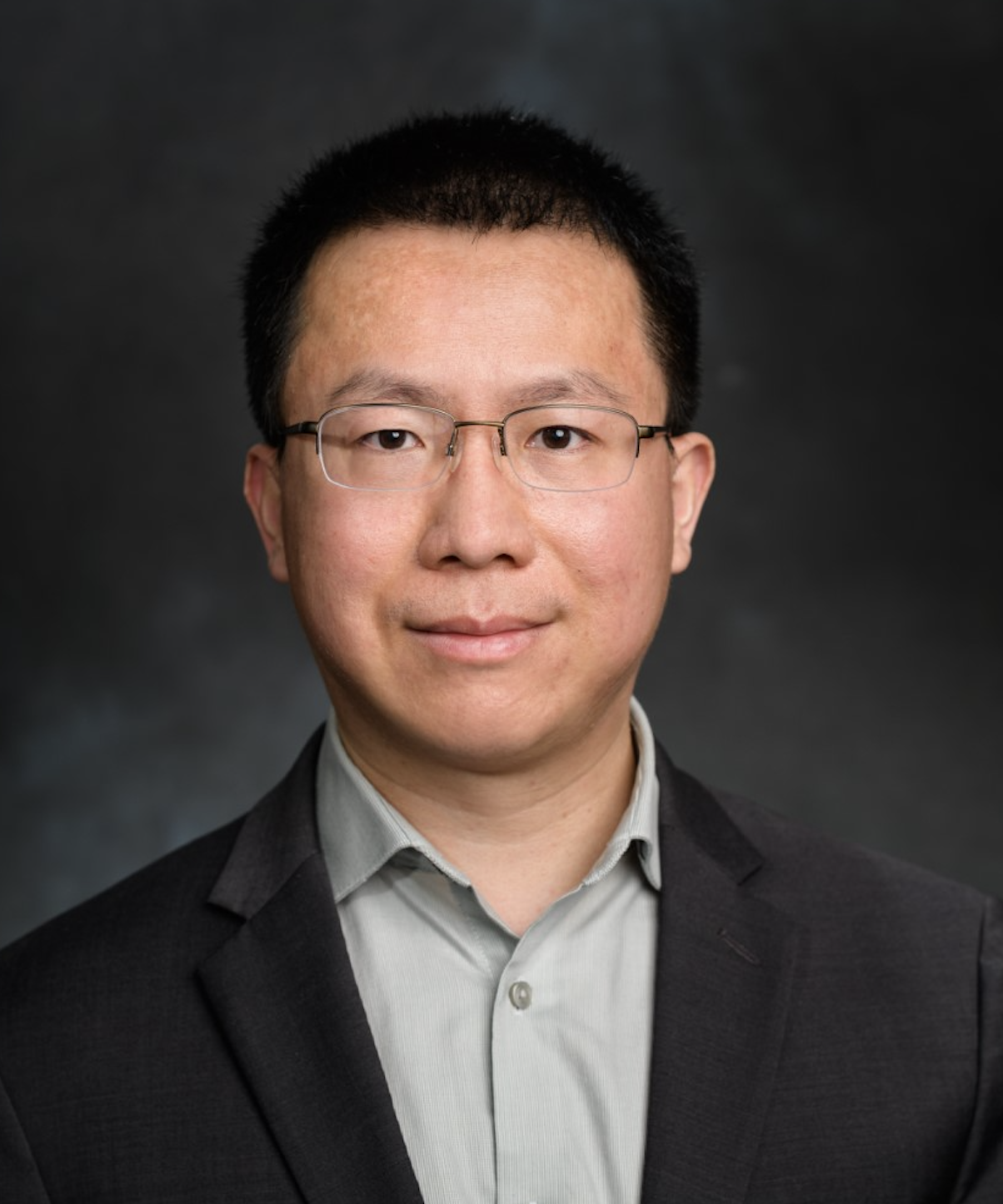|
Dr. Chunlei Qu |
Assistant Professor of Physics Department of Physics | Center for Quantum Science & Engineering (CQSE) Schaefer School of Engineering and Science Stevens Institute of Technology |
|
 |
|
Office |
PEP 559: Machine Learning in Quantum Physics
Tentative Topics:
Computing the quantum mechanical properties of many body systems has always been a great challenge. Approximate methods such as the Hartree-Fock and Density functional methods have been used but calculating the atomization energy of compounds accurately can take days using conventional techniques. Machine learning approaches to these problems have begun to show substantial improvement over traditional methods with respect to accuracy and efficiency. In other areas such as particle physics, where large amounts of collision data need to be analyzed rapidly and accurately, supervised and unsupervised machine learning techniques have shown initial success. This is not only defined by the extremely successful running and analysis of Large Hadron Collider (LHC) data, but also by the availability of cosmological and astrophysical observations. Another aspect is the use of quantum systems to enhance the speed and power of traditionally slow machine learning techniques leading to the new exciting field of quantum machine learning. Both the use of classical machine learning applied to the analysis of quantum physics and the application of quantum systems to enhance classical machine learning algorithms will be discussed. Standard machine learning methods along with the basics of quantum information will be reviewed.